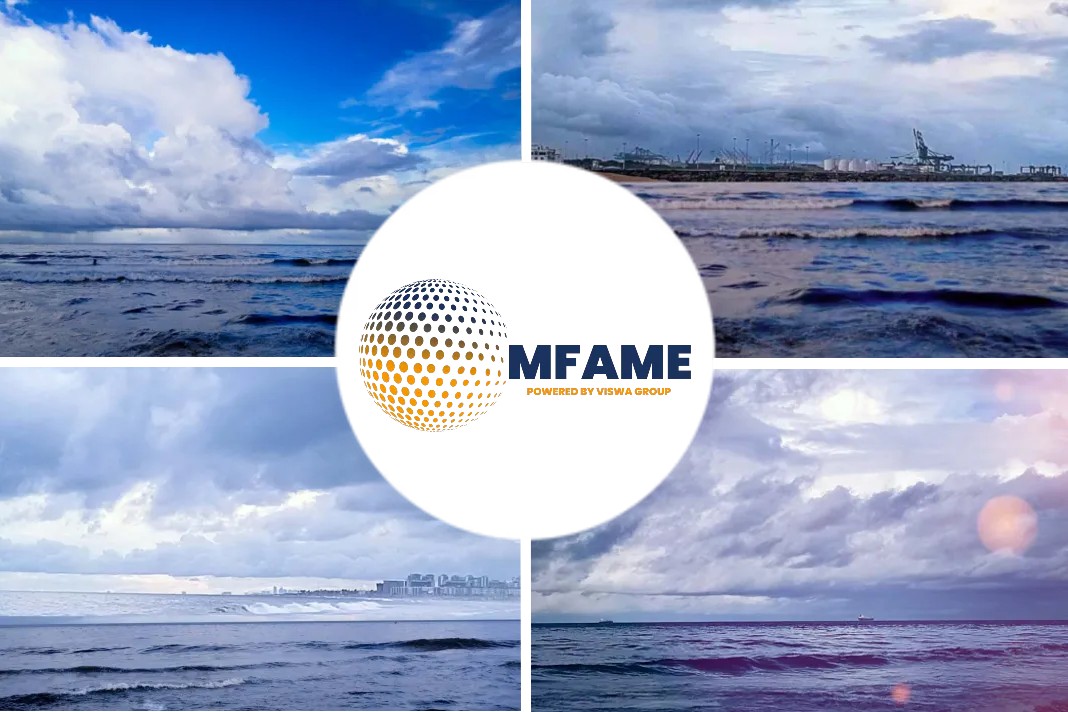- The clash in Ukraine marks a historical turning point, both in international relations and socio-economic balances.
- New alliances and co-operations emerge in the East, while the West attempts not to lose its primary role.
- Has the multipolar world dawned upon us?
Following the Ukrainian crisis, in the last two months the general situation seems destined to worsen for the West and in particular for Europe, not only due to the increase in energy costs, inflation and the lack of raw materials, but also due to a possible future shortage of food. Despite the wheat export agreement reached in Turkey, the food and energy crisis is set to last until 2024, according to the World Bank. If an exit strategy is not found, Brussels could soon face food shortages due to a lack of agricultural products.
The Eurasia Conundrum
In opposition to these European plans to isolate Russia, a new bloc emerges from the East. Moscow and its international partners are looking for alternative paths, in which Washington and Europe might become the peripheries of a new geopolitical balance. The prerequisites for these new partnerships consist of a greater effort to economic, political and military support among Eurasian countries. An example, despite Washington’s pressure on Beijing, is a deepening connection between Russia and China through cooperation on military technology, energy and space. In April, according to Bloomberg, the deliveries of energy resources from Siberia to Beijing have increased by three quarters.
Further elements of this renewed desire for Eurasian cooperation are also found in countries such as Iran and India. The first has recently approved a new oil route with Russia, through Azerbaijan and the Caspian Sea, allowing to bypass the long transport around Europe. India Instead, despite being considered an ally by the West and a member of the QUAD, it has continued to deepen its economic and diplomatic exchanges with Moscow thanks to the purchase of raw materials. If this new international framework takes shape, in the future the world will witness the formation of an axis stretching from the Baltic and White Sea till the Indo-Pacific.
New International Structure
The basis of this emerging “multipolar coalition” would see BRICS and SCO countries, already comprising roughly 40% of world population, as new geopolitical centers, from which it would be possible to develop alternative trades, like the Chinese OBOR, through Central Asia and regional cooperation among its members, other countries or potential candidates even outside Eurasia. This growing interest also of countries, once historically aligned with America (E.g. Turkey), to join the BRICS and/or the SCO represents a rift in the current order of international relations. However, this is only the tip of a much broader transformation, which has begun to take shape with the summit in Samarkand, where SCO leaders met in order to discuss security policy, economics and humanities, and multipolar development.
The Contemporary World Order
In the face of these irreversible and tangible changes it is clear that the world is moving towards a new phase of human history. According to the British economist Liam Halligan, two opposed economic blocs will take place in the near future. The recent events and the incoming crisis in Europe will lead to a deep tectonic shift between West and East, thus bringing back the concept of spheres of influence among great powers and putting an end to the era of globalization as we knew it.
This is going to lead to a new round of confrontation not only between Moscow and Washington, but this time also among the Eurasiatic Heartland and the Peripheral areas of the globe, while the so-called “Rimland” will be the final prize of this new Cold War. However, the big difference from the Cold War is that the US and the EU may eventually no longer be in a position of geopolitical advantage, particularly now that the Nord Stream pipelines will not be usable for years or even forever.
In the end, the war In Ukraine, which rapidly turned into an economic and energy conflict between Europe and Russia, seems mostly a repetition of what happened in the 1920s, which led to the Great Depression. However this time it will be the collective West that will suffer mainly the final effects.
Did you subscribe to our daily Newsletter?
It’s Free! Click here to Subscribe
Source: IARI

























